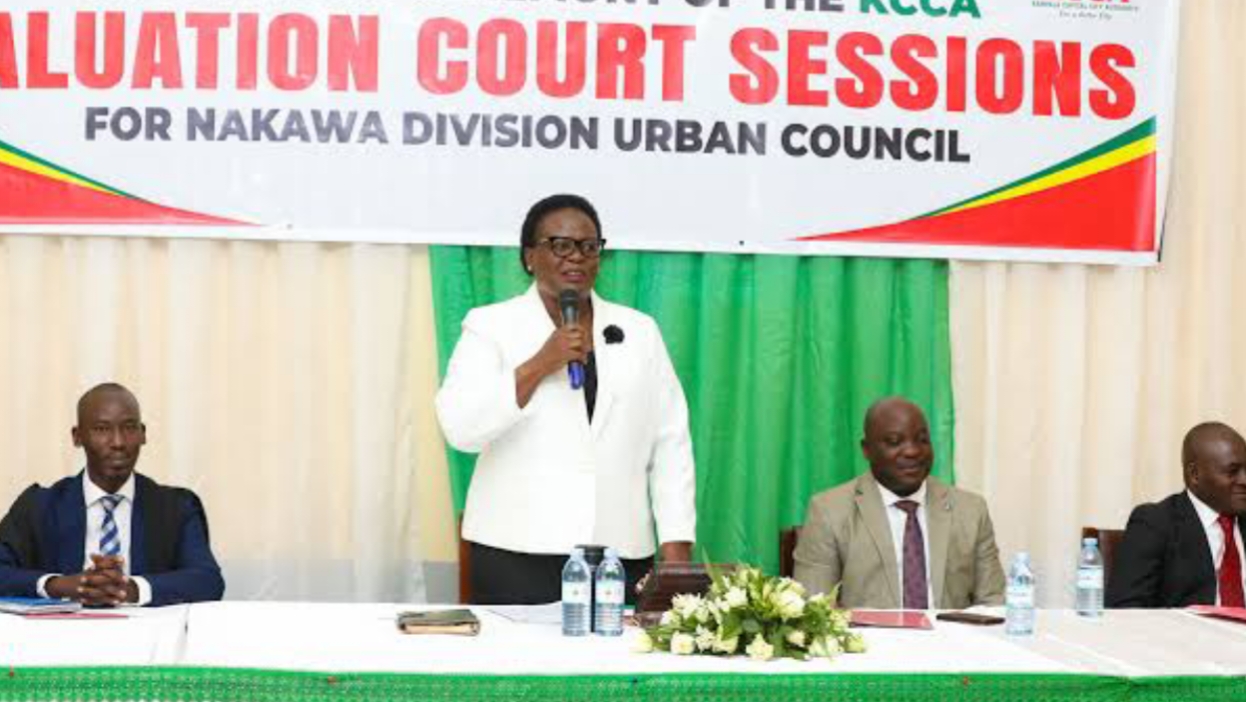The Kampala Capital City Authority (KCCA) Valuation Court has begun considering cases to address complaints from locals over property taxes.
Authorities say that in the next few days, the sessions, which started on Monday, January 15 in Kyanja Parish, Nakawa Division, would expand to other parts of the city.
The court is headed by Samuel Muyizzi Mulindwa and has authority akin to that of a magistrate’s court. Its primary objective is to settle property tax-related disputes, particularly those brought up by Kampala city’s landlords.
The goal of the court, which was created by law to shield residents from unjust taxes, was highlighted by Kampala City Lord Mayor Erias Lukwago during the inauguration session of the Kisasi Community Health Center in Kyanja Parish Nakawa Division.
The Lord Mayor urged property owners who feel harmed not to suffer in quiet, stressing that the court may lower tax rates after valuation depending on the strength of complainants’ arguments.
The property tax payment bands were highlighted by Lukwago, expounding that individuals earning over shs 5 million per annum on their property pay 6%, those earning between Ushs3 million and shs5 million pay 4%, while those not earning more than shs3 million from their commercial houses in a year will be charged a reduced rate of 1%.
With almost 1500 objections from Nakawa alone, Chairperson Muyizzi emphasized the critical need for increased financial support for the court in light of the huge volume of cases.
Since the court hears at least twenty cases a day, he called for legislative changes and suggested extending the complaint hearing term beyond the existing six months.
The Valuation Court has created a special website where all of its rulings will be uploaded and available to the public to increase openness. This program is aimed to create accountability and keep stakeholders properly informed.
What does the Law say?
Local Government (Rating) Act 2005 as
amended, the Local Government (Rating)
regulation 2006 and KCC Act 2010.
Under the Local Government (Rating) Act, 2005, Property rate is levied on property or
hereditament, that is, ‘’any physical attachment to land or building (industrial or non-industrial) or structure of any kind excluding vacant sites. It is a tax on all immovable property or buildings, commercially managed like schools, rented houses, rented shops, factories, Hotels, Private and Public Universities, and any part of which is used for business even if it is owner occupied.
Property rates should be distinguished from
ground rent. Unlike Property rates, Ground rent is a charge on land leased out by the Authority whether developed or not.




